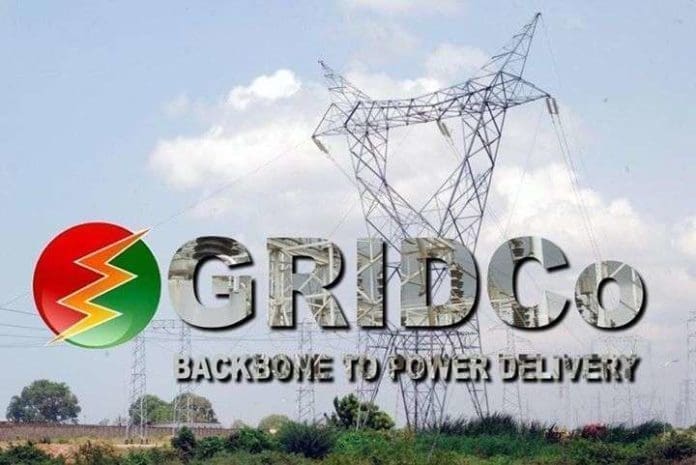The Ghana Grid Company (GRIDCo) has commenced procurement processes for a major $353 million transmission infrastructure project designed to strengthen power supply across Ghana’s Eastern Corridor, marking one of the country’s largest energy investments this decade.
Nicholina Yembilah, Director of Engineering at GRIDCo, announced the initiative during a press briefing on Thursday, revealing that the 161kV transmission project will span from Asebe through Boho, Kajeibi, Salaga, and Banda in the Eastern Region. The comprehensive project includes both expansion of existing substations and construction of new transmission facilities.
The announcement comes as Ghana positions itself within broader continental power initiatives, including the World Bank Group (WBG) and African Development Bank (AfDB) Mission 300 program, which aims to deliver electricity to 300 million Africans by 2030. Ghana’s power sector modernization aligns with these continental electrification goals while addressing domestic energy security challenges.
Yembilah emphasized the project’s complexity and scale, noting that high-level cost estimates have already been submitted to the Ministry of Energy, which has directed the company to begin formal procurement procedures. The ministry’s approval signals government commitment to addressing transmission bottlenecks that have historically affected power reliability in Ghana’s northern regions.
Before the government can secure international financing, comprehensive feasibility studies and environmental and social impact assessments must be completed. These preliminary studies are expected to take at least one year, with the full project likely commencing in 2027, subject to regulatory clearances under the Public Financial Management Act (PFM Act).
The feasibility studies will determine precise project costs through detailed high-level designs, system configurations, and substation layouts. Environmental and social assessments will address critical resettlement and compensation requirements, particularly important given that transmission lines will affect existing residential and agricultural areas.
Yembilah highlighted the social responsibility dimension of the project, explaining that international funding agencies now prioritize social impact considerations before approving financing. As of March 2025, the International Finance Corporation (IFC) portfolio in Ghana includes $345 million in investments supporting key sectors including renewable energy and infrastructure, indicating strong international interest in Ghana’s energy sector development.
The project has been assigned to GRIDCo’s Project Implementation Unit, which specializes in managing donor-funded infrastructure initiatives. A request for expression of interest is being prepared to select qualified consultants for the required technical and environmental studies.
International development partners including the World Bank, African Development Bank (AfDB), and Agence Française de Développement (AFD) are expected to participate in project financing once preliminary assessments are completed. The World Bank recently approved $360 million for Ghana to strengthen macroeconomic stability and support resilient growth, demonstrating continued multilateral commitment to Ghana’s development priorities.
Due to its substantial scope, the Eastern Corridor project will be implemented in phases, with some smaller interventions already under consideration. Yembilah cited the Kpeve Substation as an example, where a transformer installation is being expedited to address immediate capacity needs in the Southern Network.
The project addresses longstanding transmission challenges in Ghana’s northern regions, where power supply reliability has lagged behind southern areas. Improved transmission infrastructure is expected to support economic development in these regions while reducing technical losses that currently cost the state significant resources annually.
Ghana’s broader transmission system has not seen major upgrades in recent years, contributing to power losses and supply reliability challenges. This Eastern Corridor investment represents part of a comprehensive national strategy to modernize the country’s electrical grid infrastructure and support economic growth.
The timing aligns with continental trends toward increased power sector investment, as African governments recognize electricity access as fundamental to economic transformation and social development. Ghana’s approach emphasizes both technical infrastructure development and environmental sustainability through comprehensive impact assessments.
Project financing discussions reflect the growing role of multilateral development banks in supporting African infrastructure development, particularly in the power sector where technical complexity and capital requirements often exceed individual country capacities.
Source: newsghana.com.gh











